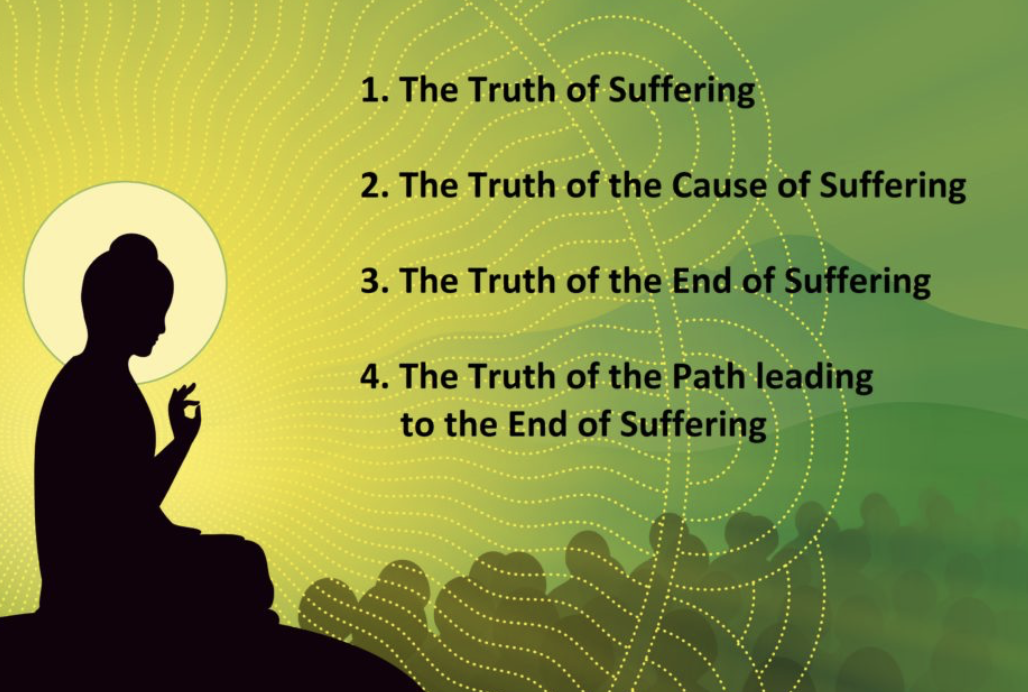This perspective seems to draw Buddhist philosophy, particularly the teachings on the nature of suffering (dukkha) and its causes. In Buddhism, the Four Noble Truths outline the nature of suffering, its origin, cessation, and the path leading to its cessation.
- The Nature of Suffering: Life is characterized by suffering, dissatisfaction, or unsatisfactoriness. This suffering can manifest in various forms, ranging from physical pain to emotional distress and existential angst.
- The Origin of Suffering: The origin of suffering is often attributed to craving or attachment (which can be understood as a form of greed), aversion (hatred), and ignorance (delusion). These are considered the root causes of suffering, with ignorance being the fundamental cause from which the others arise.
- Cessation of Suffering: There is a way to end suffering by eliminating its causes. This involves letting go of attachments, aversions, and delusions that bind us to the cycle of suffering.
- The Path to the Cessation of Suffering: The Noble Eightfold Path provides a framework for achieving liberation from suffering. This path includes ethical conduct, mental discipline, and wisdom practices aimed at cultivating mindfulness, compassion, and insight.
Your observation that hatred or aversion is often the cause of suffering aligns with the Buddhist understanding that craving and aversion are two sides of the same coin—both stemming from a fundamental misunderstanding of reality. By clinging to desires and pushing away what is unpleasant, individuals perpetuate their own suffering.
By recognizing and addressing the ultimate causes of suffering, individuals can work towards liberation and cultivate inner peace and well-being. This involves developing insight into the impermanent, unsatisfactory, and interdependent nature of existence, as well as cultivating qualities such as loving-kindness, compassion, and wisdom.
